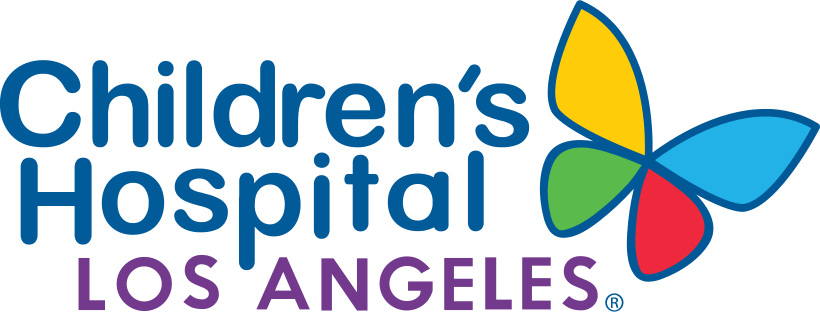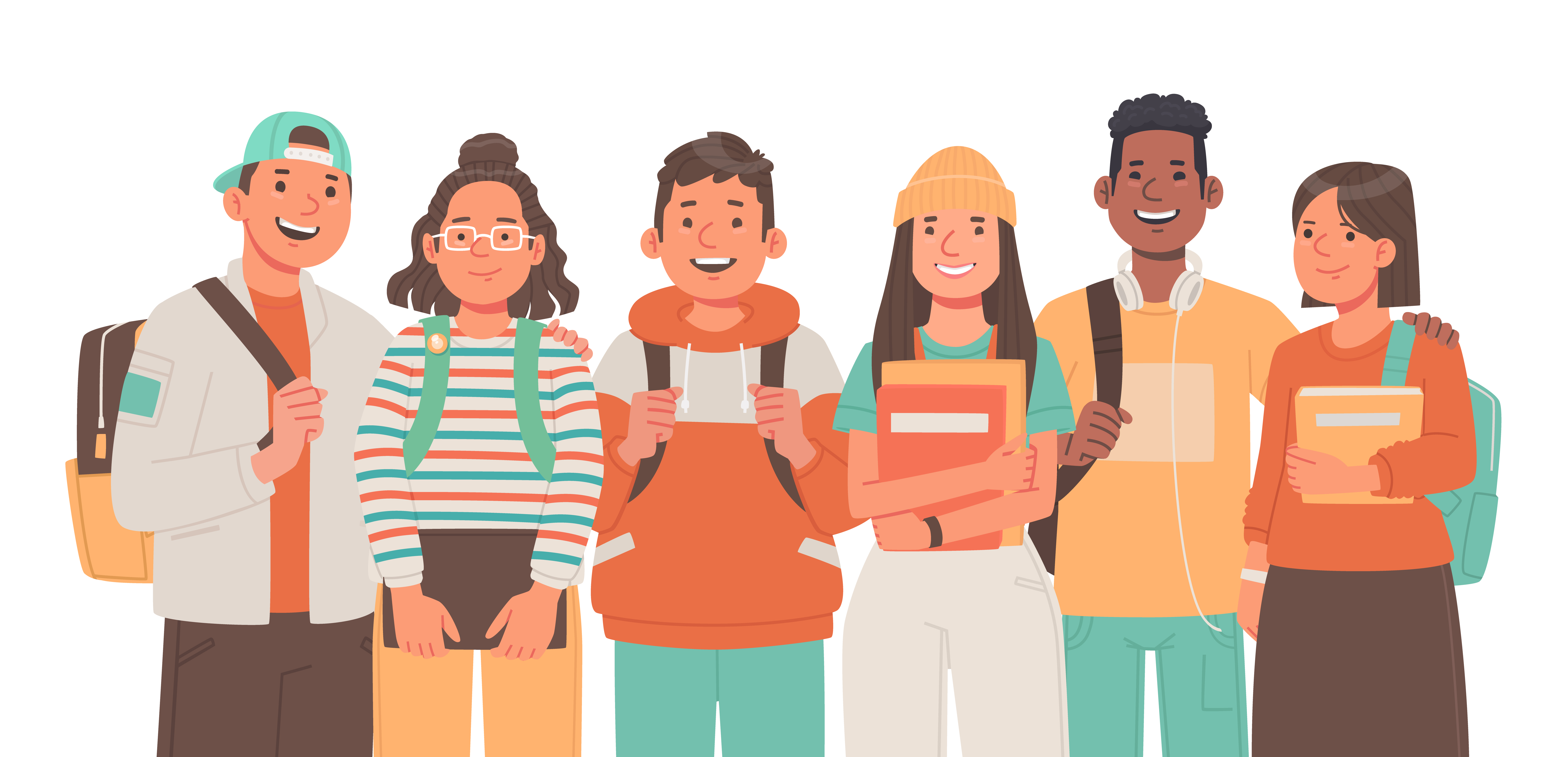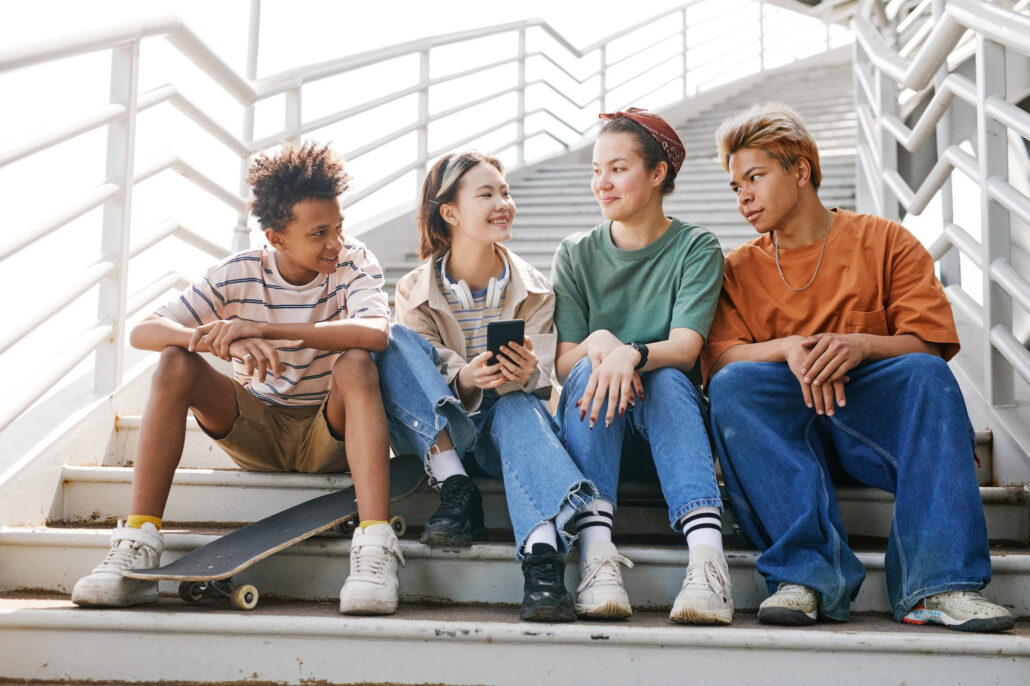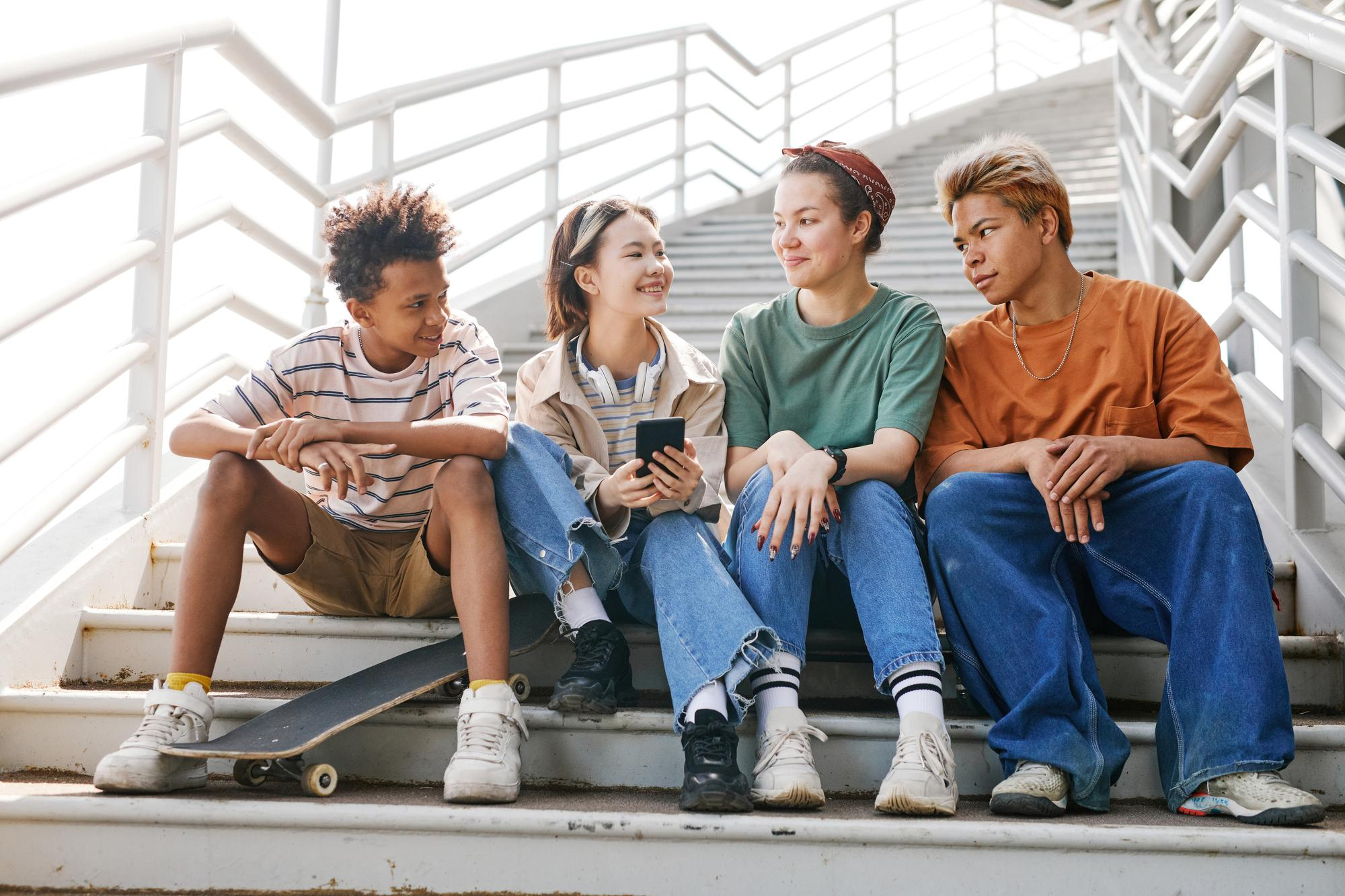
Youth Autism Research Study

Fast Facts

Autistic teens ages 14-17

Parent or caregiver willing to participate

Compensation Provided

Conducted in Los Angeles, CA
Study Background
Researchers at Children’s Hospital of Los Angeles are studying how social and nonsocial experiences impact depression and mental health in autistic teens over time.
This study investigates how social and nonsocial experiences influence depression and other mental health issues in autistic adolescents. At Children’s Hospital Los Angeles, autistic participants aged 14-17 (and without intellectual disability) complete clinical interviews, EEG, and eye-tracking tasks at the start and again after one year. The goal is to identify risk factors and improve treatments for mental health challenges in autism.
Join our compensated study today!
Depression, anxiety, or other mental health issues are not required for study particpation.

Study Background
Researchers at Children’s Hospital of Los Angeles are studying how social and nonsocial experiences impact depression and mental health in teens with autism over time.

This study investigates how social and nonsocial experiences influence depression and other mental health issues in autistic adolescents. At Children’s Hospital Los Angeles, autistic participants aged 14-17 (and without intellectual disability) complete clinical interviews, EEG, and eye-tracking tasks at the start and again after one year. The goal is to identify risk factors and improve treatments for mental health challenges in autism.
Join our compensated study today!
Depression, anxiety, or other mental health issues are not required for study particpation.

Additional Information
Researchers at Children’s Hospital Los Angeles are conducting this study to explore how social and nonsocial experiences influence depression and other mental health issues in autistic teenagers over time. This research aims to identify key factors that contribute to mental health challenges, with the goal of improving treatment strategies.
You and your child may qualify for this study if you meet the following criteria.
Criteria for you or your child:
- Ages 14-17
- Diagnosed or suspected autism
- Have a parent or caregiver that is also willing to participate
- No intellectual disability (e.g., Down syndrome, fragile X syndrome, fetal alcohol)
- Speak English or Spanish
If you and your child participate in this study, you can expect to participate in 4 study visits, outlined below:
Visit 1 (3-4 hours, with breaks): You and your child will complete several clinical interviews about autism, mental health, and social experiences. These interviews will be audio recorded and transcribed. You’ll receive $160 for participating, and you can also request a free psychological assessment report.
Visit 2 (2-3 hours): About 1-2 weeks later, you’ll complete mental health questionnaires and your child will do EEG and eyetracking tasks. Your child’s face will be recorded during these tasks. You’ll be compensated $80, and video recordings will be securely destroyed after the study.
Visit 3 (3 hours): One year later, you’ll repeat four of the clinical interviews from Visit 1. You’ll receive $160 for participating, and you can request an updated psychological assessment report at no cost.
Visit 4 (2-3 hours): About 1-2 weeks after Visit 3, you’ll repeat the mental health questionnaires and EEG and eye-tracking tasks. You’ll receive $80, and the video recordings will again be securely destroyed.
Total Compensation: Up to $480 in Target e-gift cards for completing all study activities.
For completing all study activities, a family can earn up to a total of $480 in Target e-gift cards, split evenly across each visit between participant and parent.
Potential Earnings per Visit:
- Visit 1: Up to $160
- Visit 2: Up to $80
- Visit 3: Up to $160
- Visit 4: Up to $80
There is no cost for you to participate in our research study.